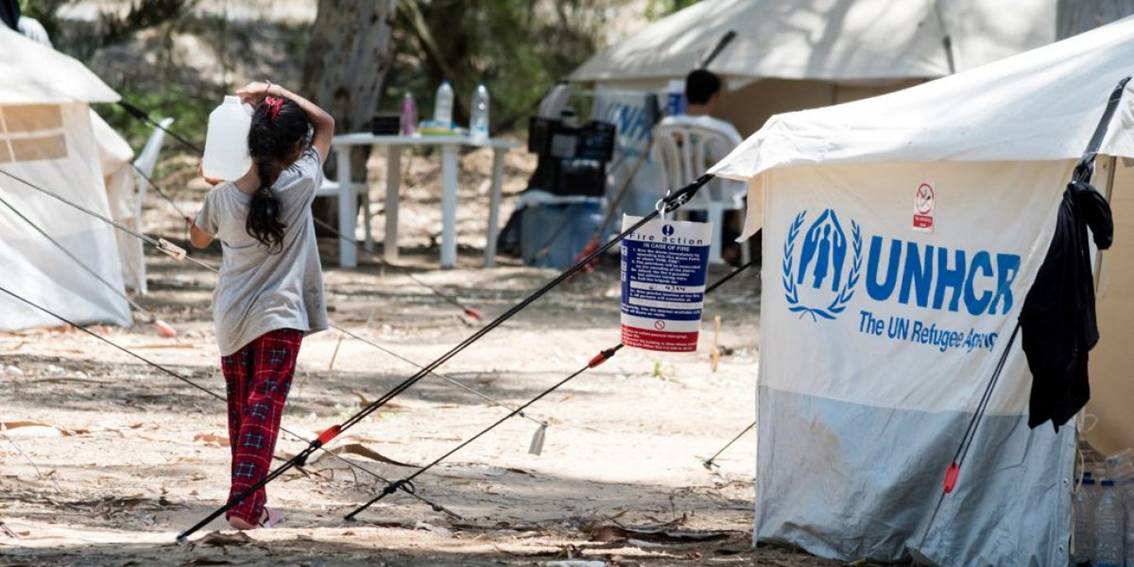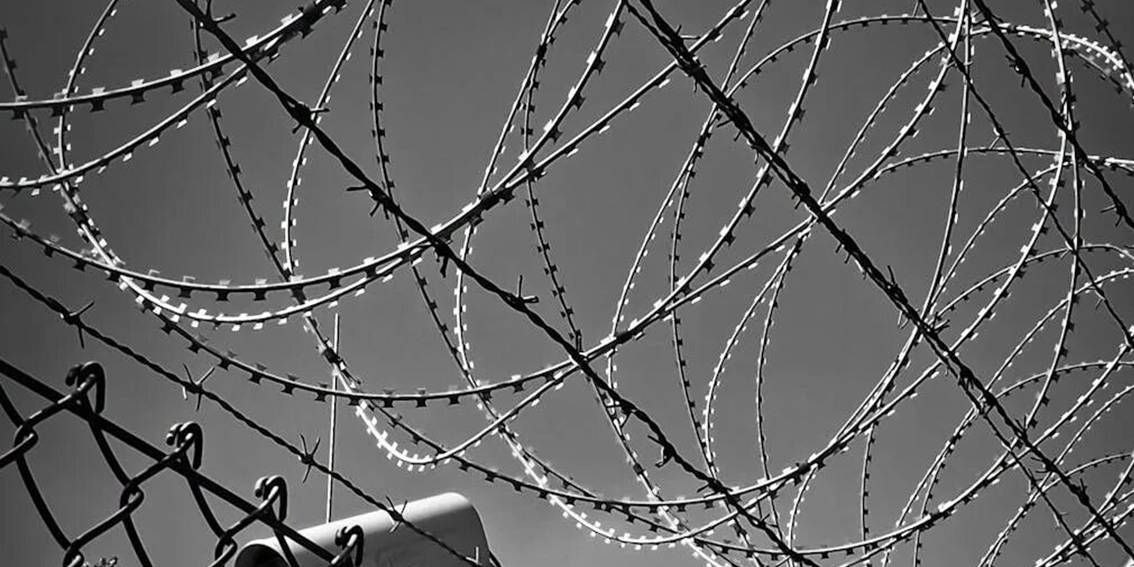EU pressures Cyprus to grant asylum to Migrants in the buffer zone in Cyprus
The European Union (EU) has turned its attention to Cyprus. Migrants stranded in the buffer zone between the Greek Cypriot south and the Turkish-occupied north face a precarious existence. As the number of migrants grows, the EU is pressuring the Republic of Cyprus to address the situation. It wants Cyprus to grant asylum to those caught in this geopolitical limbo.
Background of the Buffer Zone Crisis
The buffer zone, also called the Green Line, was established in 1974. It followed the Turkish invasion of Cyprus, which was triggered by a coup aiming to unify Cyprus with Greece. The zone is administered by the UN Peacekeeping Force in Cyprus (UNFICYP). It separates the Greek Cypriot-controlled south from the Turkish-occupied north.
The buffer zone has become a symbol of the island’s division. It is also a flashpoint for migration issues. Migrants from the Middle East, Africa, and Asia often enter Cyprus through the north. They hope to eventually reach the European Union. However, the Republic of Cyprus does not recognize entry from the north as legal.
Migrants trying to cross into the south through the buffer zone find themselves in a legal gray area. They are neither fully in the north nor the south. Many lack access to essential services or the ability to seek asylum.
EU’s Involvement and Pressure
The EU is increasingly concerned about the situation in Cyprus. It has called on the Republic of Cyprus to address the humanitarian crisis. The EU wants Cyprus to process asylum claims from those stranded in the buffer zone.
This pressure comes from the EU’s commitment to upholding asylum seekers’ rights. It also ensures member states fulfil their obligations under international law. Cyprus, as an EU member, must follow the Common European Asylum System. This system sets the legal framework for processing asylum applications.

The EU emphasizes that Cyprus cannot ignore its responsibilities due to the island’s division. By pressing Cyprus to grant asylum, the EU aims to prevent further humanitarian deterioration. It also ensures those in need of protection receive it.
Cyprus’ Response and Challenges
The Republic of Cyprus has expressed reluctance to fully comply with the EU’s demands. It cites several concerns. First, granting asylum to migrants entering through the north could set a precedent. Cyprus fears this might be seen as recognizing the legitimacy of crossings from an area it considers under illegal occupation. This could encourage more migrants to attempt the journey, straining the island’s resources.
Additionally, Cyprus argues it is already overwhelmed by asylum seekers. The island has one of the highest per capita rates of asylum applications in the EU. The influx has strained public services, housing, and social welfare systems. This has led to public discontent and integration challenges.
Despite these concerns, the EU has urged Cyprus to increase efforts in processing asylum claims. It has also asked Cyprus to provide adequate support to those in the buffer zone. Brussels has offered financial and technical assistance. However, it remains unclear if this will overcome Cyprus’s hesitations.
Conclusion
The EU’s pressure on Cyprus highlights the challenges of managing migration on a divided island. Cyprus faces legitimate concerns about sovereignty and resources. However, the humanitarian needs of those stranded in the buffer zone cannot be ignored.
The situation requires a balanced approach. It must address both legal and humanitarian aspects of the crisis. The EU plays a critical role in supporting Cyprus to find sustainable solutions. As the situation evolves, Cyprus’s actions under EU guidance will test its commitment to European values. It will also test its ability to navigate the complexities of its unique geopolitical situation.




